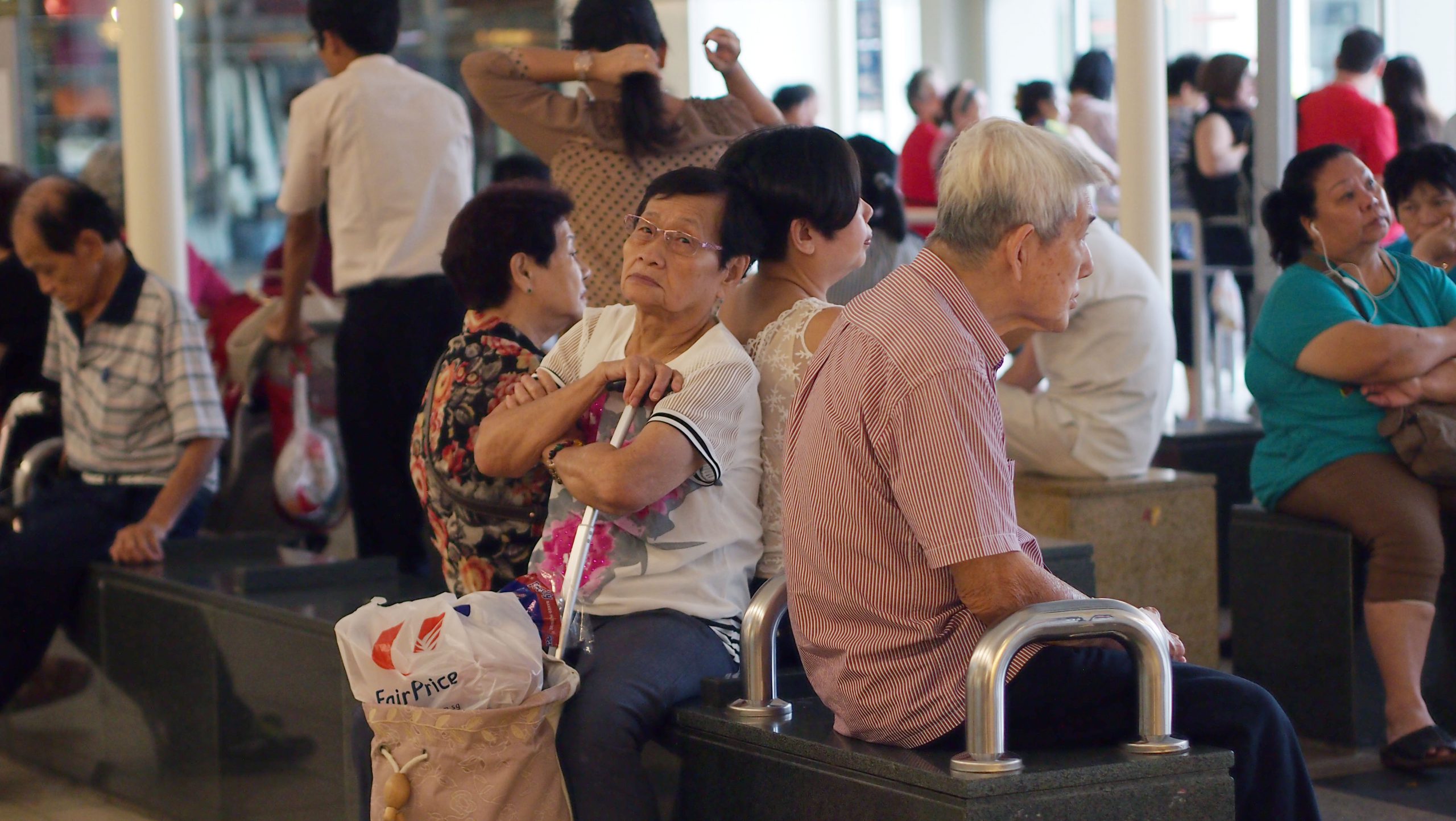Social Support and Health among Older Adults – the Singapore Chinese Health Study
August 14, 2023

Sengkang General Hospital opened to the public on 18 August, 2018. Besides offering general hospital services, Sengkang General Hospital also provides community-based care in conjunction with community partners, as part of Singapore’s master plan to provide quality and accessible healthcare to all Singaporeans. As we emerge from the Covid-19 pandemic, there has been renewed discussion as to how to best provide holistic and robust eldercare for our ageing population in the long term. Improving community interventions for seniors’ health and well-being thus necessitates understanding their everyday social realities.
In ‘Social Support and Health among Older Adults – The Singapore Chinese Health Study’ (Ageing and Society, 2022), Dr Jon Barrenetxea (Duke-NUS Medical School), Dr Yi Yang (Duke-NUS Medical School), Dr Kyriakos S. Markides (University of Texas Medical Branch), Dr An Pan (Huazhong University of Science and Technology Tongji Medical College), Professor Woon-Puay Koh (Duke-NUS Medical School and NUS Saw Swee Hock School of Public Health), and Associate Professor Qiushi Feng (NUS Sociology and Anthropology) study the health factors associated with social support.
Generally, the researchers found that older adults with limitations on their ability to carry out daily activities, poor self-rated health, cognitive impairment, and depression had lower social support scores. However, these lower social support scores may not necessarily indicate a lack of social support, but rather that social support is restricted in scope and provided primarily by their children. This can be considered a unique feature of Singapore’s Asian society where family plays a central role in elder care, due to cultural norms of filial piety and strong state promotion of family support.
At older ages, the relationship between health and social support is more complex. During early elderhood, pre-existing social support resources could encourage behaviour that leads to better health. When entering late elderhood, inevitable declines in health could limit social engagement and reduce the diversity of social support sources (family and non-family). Hence, the cause-effect relationship between health and social support can be reversed depending on health states. In stable health states, social support leads to better health. Conversely, in deteriorating health states, poor health strongly restricts the scope of social support – these ‘family-restricted’ elders constituted 50% of the elders interviewed.
As such, the researchers proposed two interventions to address these social support gaps for older adults.
Firstly, they contend that the focus on older adults living alone should be shifted to those in poor health that live with their immediate family because many ‘loner’ elders are in fact functionally dependent and have a broad network of social support, while many ‘family-restricted’ elders are functionally dependent and rely mostly on their children.
Secondly, they recommend tailoring community interventions to the wider social context of older adults, in order to make them more effective. For ‘family-restricted’ elders that face barriers to access to non-family support providers, befriending activities with extended members of the community could fill the gaps in non-family support and keep them connected to society. In contrast, ‘loner’ elders may have adapted well to a life with little social interaction and still be functionally independent, hence they are likely to only need ad hoc instrumental help to preserve their independence.
Read the article here.
